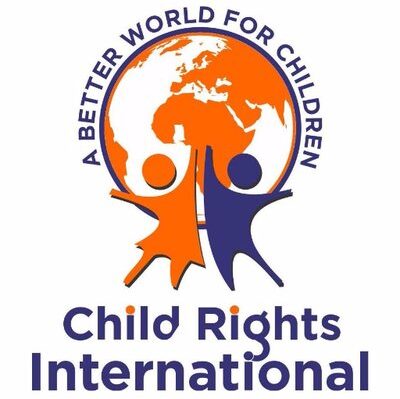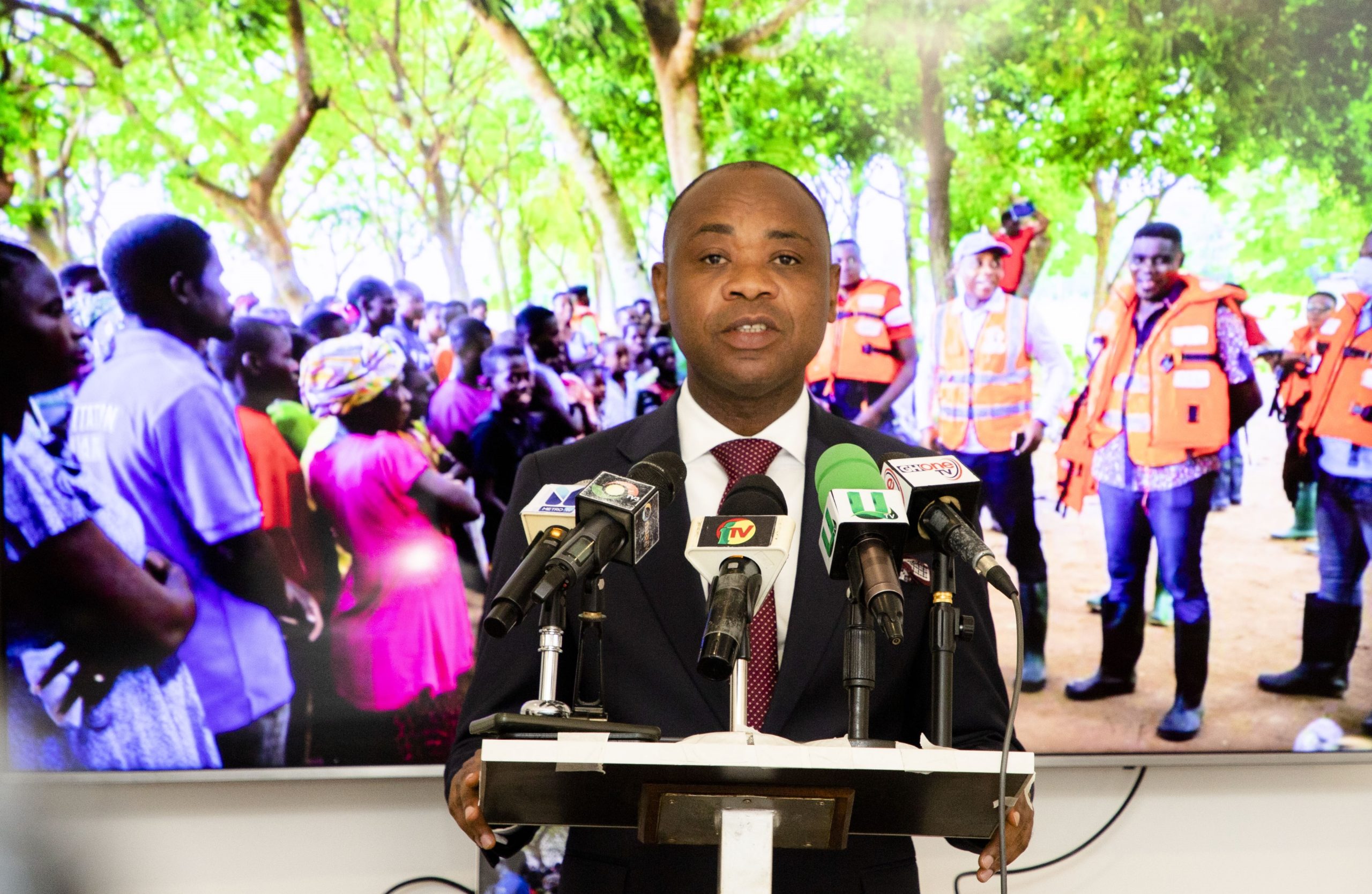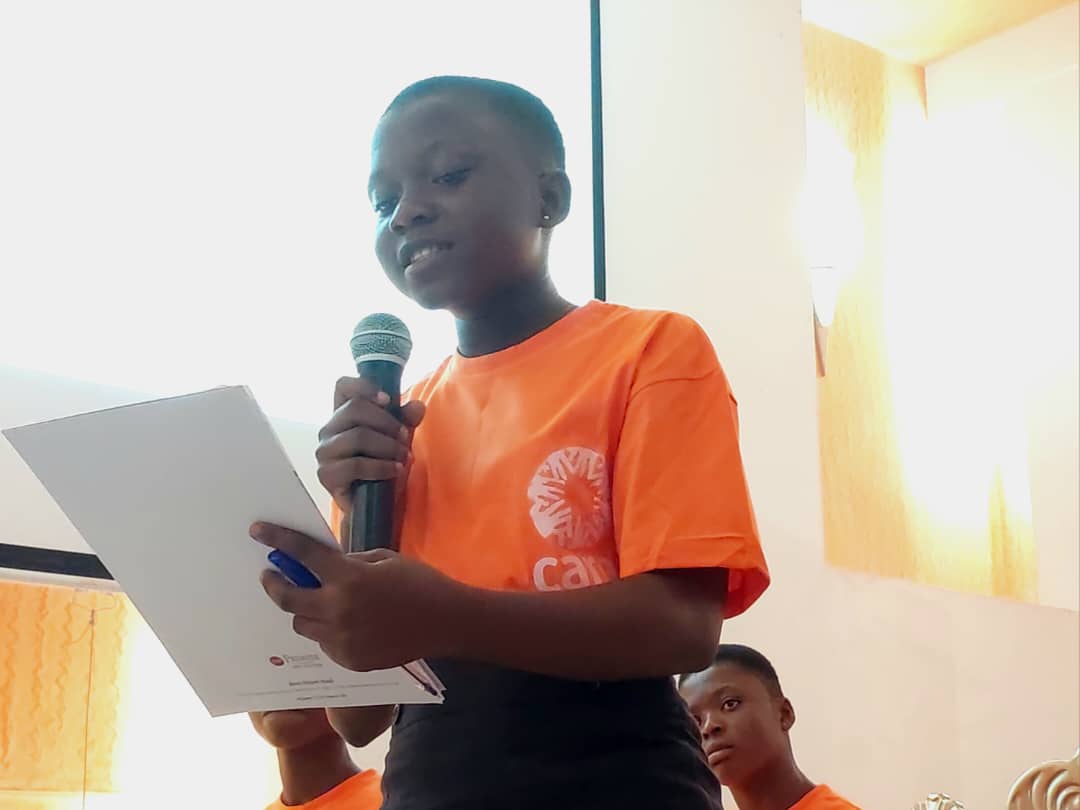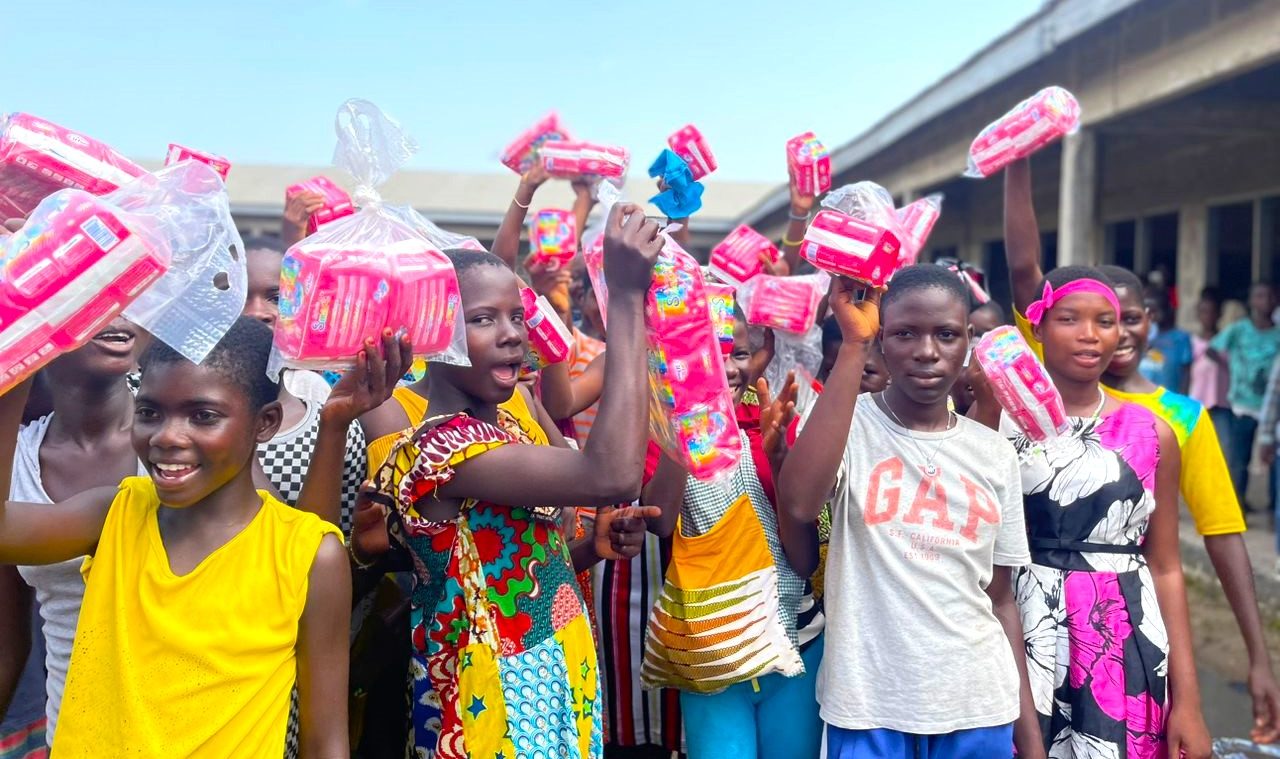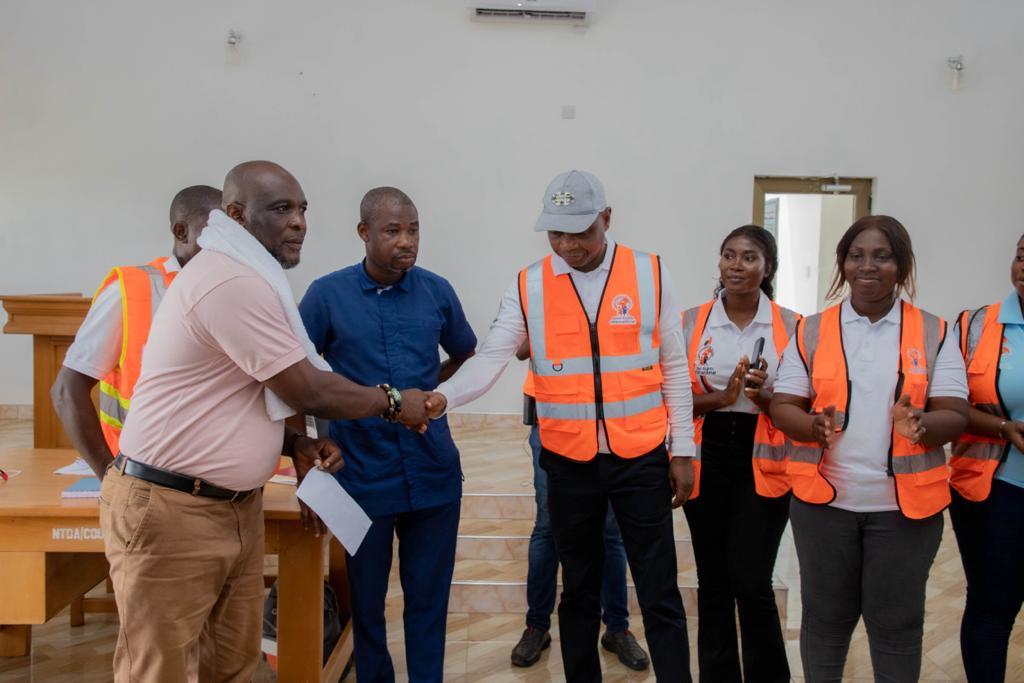A press statement on Tuesday, October 31, 2023, by Mr. Bright Kweku Appiah, the Executive Director of Child Rights International, Ghana (CRI), said 19,743 children are currently unable to attend school as a result of the spillage from the Akosombo and Kpong dams.
Mr. Appiah made these staggering revelations at a press conference held on Tuesday, October 31, 2023, at the organization’s head office at Dzorwulu in Accra.
He also mentioned that it will take more than three months for the State to officially send these children back to school.
Read the full statement below:
The discharge of water from the Akosombo and Kpong Dams located in the Eastern and Volta Regions, undertaken to regulate water levels in the dams, has resulted in extensive flooding. Communities across North, South, and Central Tongu in the Volta Region and Shai Osudoku, Ada East, and Asuogyaman Districts in the Eastern Region have experienced huge devastation.
The flooding has resulted in significant property damage on a considerable scale and at the same time disrupted the socioeconomic activities of the affected communities. It has also led to a large-scale displacement of individuals, compelling them to seek shelter within school buildings, the homes of relatives, and other public structures.
Clearly, this unparalleled flooding event has given rise to imminent child protection issues, particularly in the areas of health, education, and general well-being of children in these areas. Due to informal or uncontrolled socialization, differently-abled children and children whose parents or caregivers are differently-abled are also adversely affected.
Recognizing these perils, our organization conducted a visit to the affected areas to assess the extent of the devastation and offer support for emergency response activities with special attention on children.
Our primary objective was to identify vulnerable children and provide them with essential materials to alleviate their vulnerabilities and prevent the exacerbation of child-related issues.
Our data collection initiatives encompassed the following areas:
- A comprehensive Child Welfare assessment
- A critical evaluation of humanitarian responses
- The incorporation of child-centered insights into relief efforts
Our initial data indicated that approximately 10,985 children were affected. However, as of October 25, 2023, current figures revealed that 17,287 children have been affected by the spillage. The figure comprised 8,304 males and 8,983 females.
Impact of the Spillage on Education
In the area of education, the impact of the spillage is substantial, with 71 schools from Kindergarten to Junior High School directly affected. Consequently, 19,743 children are currently unable to attend school. Additionally, more than 9,000 children could not retrieve their educational materials, including uniforms, bags, books, shoes, and textbooks. Our estimation posits that it will take more than three months for the State to officially send these children back to school.
Health
- Ailments
In the area of health, over 90% of children in safe havens are reporting having contracted one ailment or the other. The top three diseases reported in the havens where these children are being kept are malaria accounting for 94.3%, skin diseases pegged at 70% and headaches at 30%.
- Trauma and Psychological Effects
Reports of psychological issues among children have also been noted with over 95% of children reporting anxiety and sadness. About 20% of children showed signs of dissociation refusing to acknowledge the disaster and any impact it may or may not have had on them. This group claimed that nothing had changed in their lives and that things were just fine. Within safe havens, there is a reported lack of designated health centers with over 90% of children expressing concern over the unavailability of such facilities. These children have expressed the desire for such centers to be made available in havens to attend to their needs.
Differently abled children or children with parents who are differently abled
Currently, the estimated number of differently-abled people affected by the flooding stands at 375 with over 25 children. Engagements with this group, both adults and children, have revealed startling cases of discrimination, bullying, and negligence, especially in cases involving children. 100% of all differently abled children have reported being discriminated against during the distribution of relief and aid items as well as being victims of bullying and/or negligence. Children whose parents are differently abled have had to play the role of caregiver for their parents in the havens with such parents being taken care of by two children. On average, about 750 children provide care for the aged and differently-abled persons. During distributions of relief and aid items, 90% of them reported being unable to gain access to these items on behalf of their parents or themselves.
Child Protection
Children have generally communicated feeling safe within the safe havens when engaged in issues of sexual abuse or harassment. 0.62% of children have reported instances of physical sexual abuse and 1% reported verbal sexual abuse. There were
concerns raised by about 20% of children expressing displeasure over sleeping arrangements in some safe havens that allowed rooms to be occupied by both males and females. 80% of girls reported feeling uncomfortable having to dress up in the presence of the boys and expressed a lack of privacy in those circumstances. 25% of children also reported overcrowding in rooms with reports of some children being forced to sleep on outside corridors due to the lack of space. Over 3,200 adolescent girls representing about 18.6% of the total number of children affected by this disaster have reported the lack of access to personal hygiene products such as sanitary towels forcing them to resort to the use of unhygienic materials.
Recommendations
- In order to augment the educational materials lost by children in the floods, Child Rights International will be carrying out a remediation exercise that will supply affected children with books, and other school materials.
- Child Rights International will also supply sanitary towels for adolescent girls affected by the flood to ensure that they have access to clean and hygienic options to maintain their health and dignity.
- To prevent instances of the abundance of relief items that may not be accessible to vulnerable groups, we call on all organizations, well-meaning individuals, and government agencies charged with the distribution of relief items to ensure the equitable distribution of items, particularly to differently-abled children or those caring for differently abled parents.
- We call on the Ghana Education Service to develop and implement an Education Recovery Plan (ERP) that aims to expedite the reintegration of affected children into school.
As an organization with the best interest of children at heart, we will do our best to contribute our quota to support children affected by this disaster. We are therefore calling on institutions, organizations, CSOs, government agencies, and well-meaning Ghanaians, to join in providing support for those affected to relieve them of their suffering.
Long Live Ghana, Long Live the Children of Ghana.
[Best_Wordpress_Gallery id=”12″ gal_title=”Spillage Report”]
